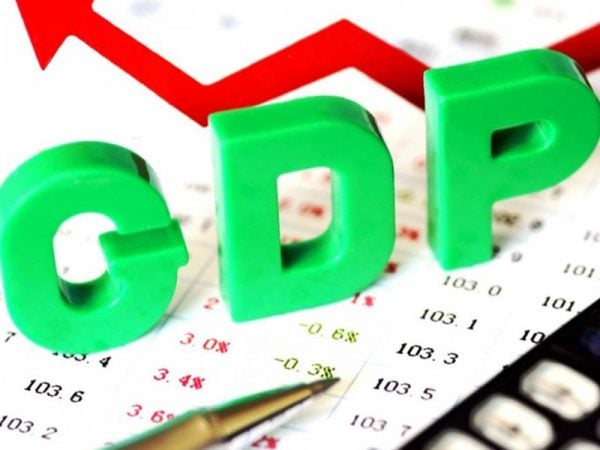Nigeria’s Economic Growth in Q2 2025: A Resurgence Driven by Rebasing, Oil Production, and Non-Oil Sector Resilience
Nigeria’s economy experienced a significant upswing in the second quarter of 2025, with real Gross Domestic Product (GDP) growth reaching 4.23% year-on-year. This remarkable performance, as reported by the National Bureau of Statistics (NBS), marks a substantial improvement compared to the 3.48% growth recorded in Q2 2024 and the 3.13% growth in Q1 2025. Several factors contributed to this positive trajectory, including the rebasing of the GDP, a rebound in oil production, and the sustained resilience of the non-oil sector.
The rebasing of the GDP, using 2019 as the new base year, provided a more accurate reflection of the size and structure of the Nigerian economy. This exercise involved updating the benchmark year for calculating GDP, incorporating new data and methodological improvements, and aligning the old series with the new rebased estimates. This adjustment not only provided a revised quarterly GDP series but also highlighted the underlying strength and dynamism of the Nigerian economy.
The oil sector played a crucial role in propelling the economic growth during Q2 2025. After a period of relative stagnation, oil production experienced a notable rebound, contributing significantly to the overall GDP growth. This resurgence in oil production can be attributed to various factors, including improved security in oil-producing regions, increased investment in the sector, and favorable global oil prices. The revitalized oil sector injected much-needed revenue into the economy, bolstering government finances and stimulating economic activity.
Beyond the oil sector, the non-oil sector also demonstrated remarkable resilience, contributing significantly to the overall GDP growth. The agricultural sector expanded by 2.82%, showcasing an improvement compared to the 2.60% growth recorded in Q2 2024. This growth reflects the ongoing efforts to diversify the Nigerian economy and reduce its dependence on oil. Furthermore, the industry sector experienced substantial growth of 7.45%, surpassing the 3.72% growth in Q2 2024, while the services sector maintained a steady growth of 3.94%, slightly up from the 3.83% in the same quarter of the previous year.
The sectoral contributions to the overall GDP also underwent notable shifts. The industry sector’s share of the GDP increased to 17.31% in Q2 2025, compared to 16.79% in the corresponding quarter of 2024. This indicates the growing importance of the industrial sector in driving economic growth and its potential for further expansion. The combined contribution of the resilient non-oil sectors, including agriculture, industry, and services, underscored the diversification efforts within the Nigerian economy and its ability to generate sustained growth even amidst fluctuations in the oil sector.
In nominal terms, the aggregate GDP at basic prices reached N100,730,501.10 million in Q2 2025, demonstrating a substantial increase compared to N84,484,878.46 million in Q2 2024. This translates to a year-on-year nominal growth of 19.23%, further highlighting the robust performance of the Nigerian economy. This significant growth in nominal GDP indicates a substantial increase in the overall economic output, reflecting increased production, rising prices, or a combination of both factors.
The positive economic performance in Q2 2025 signifies a promising outlook for the Nigerian economy. The combined impact of GDP rebasing, the resurgence in oil production, and the sustained resilience of the non-oil sector sets the stage for continued growth and development. The rebasing exercise provides a more accurate representation of the Nigerian economy, while the rebound in oil production boosts government revenue and stimulates economic activity. The robust performance of the non-oil sectors demonstrates the ongoing diversification efforts and the potential for sustainable growth beyond the oil sector. These positive developments signal a strengthening economy and offer encouraging prospects for future economic progress in Nigeria.


